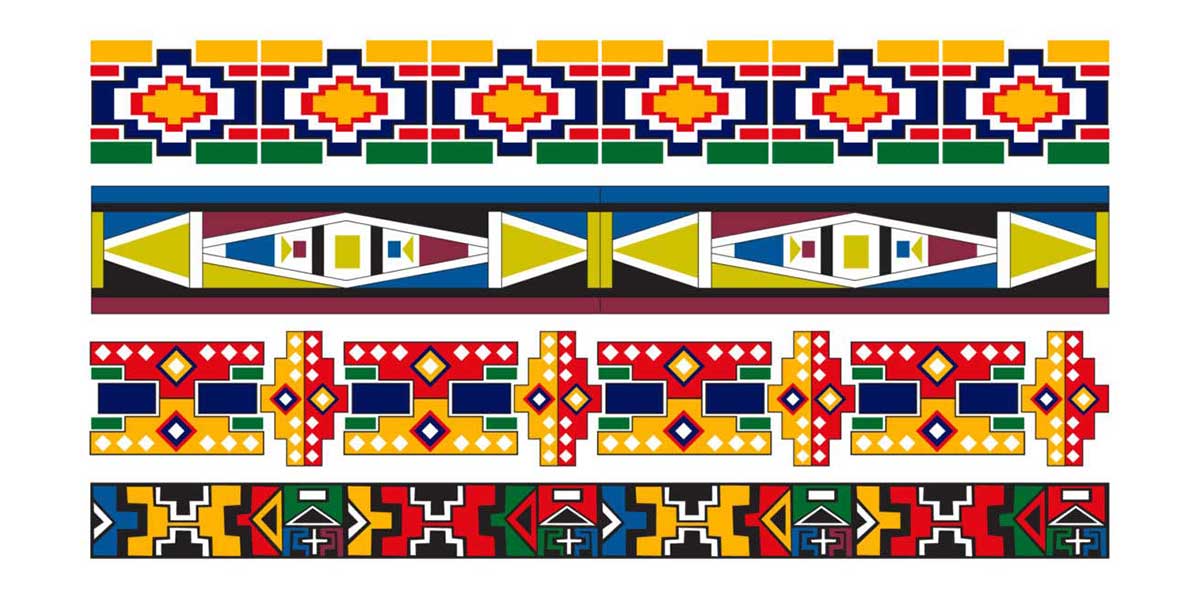PARI doctoral fellow, Sifiso Ndlovu, produced her thesis in December 2017. Her project broadly looked at the production of Ndebele identity in democratic South Africa, with particular reference to its articulation with the process of nation-building in the culturally heterogeneous KwaMhlanga region. She holds a Master of Arts in Political Studies, a Bachelor of Arts (Hons) in Political Studies and a BA in Political Studies and Sociology – all from the University of the Witwatersrand.
Abstract
The thesis examines the interrelationship between ‘Southern Ndebele’ identity and the construction of a new and more inclusive national identity in post-1994 South Africa. It attempts to shed light on the specificities and complexities surrounding the notion of articulation of ‘Southern Ndebele’ ethnic with the emergent South African national identity through focusing more narrowly on the multi-ethnic and culturally mixed region of KwaMhlanga- an area that formed part of the KwaNdebele homeland in the 1980s, and which continues to be predominantly inhabited by the Ndebele-speaking people today. Through a critique of post-apartheid South Africa’s politics of rainbowism that tries to carry along distinct and disparate identities into one nation, the study elaborates on the politics of simultaneously belonging to a mutually constitutive national and ethnic identities and the navigation of both identities. Using a combination of archival material, fieldwork observations of important ‘Southern Ndebele’ political and cultural or heritage activities, as well as in-depth interviews with members of the traditional ruling elites as well as cultural actors and ordinary Ndebele folks, the thesis makes a case for the mutually constitutive nature of ethnic and national identities. The study also sheds light on how Ndebele ethnicity has been shaped by various changing power dynamics of internal and external factors in ways that allows one to understand how the production of national identity has shaped the expression of, and belonging to Ndebele identity. Interesting and important insights were generated by the study in ways that evoke intellectual curiosity and more areas of interrogation were opened about what is at stake in the seeming ‘double consciousness’ of ethnic and national identities and the ways we have come to understand and articulate them.


